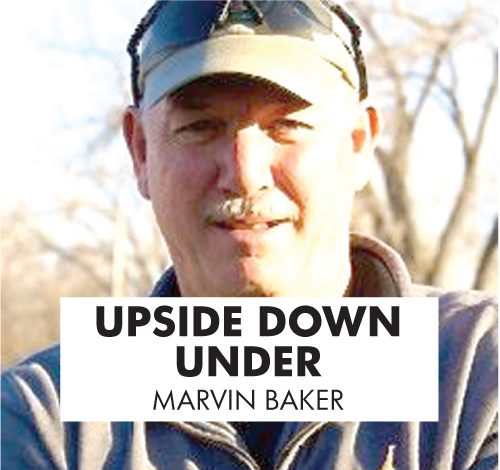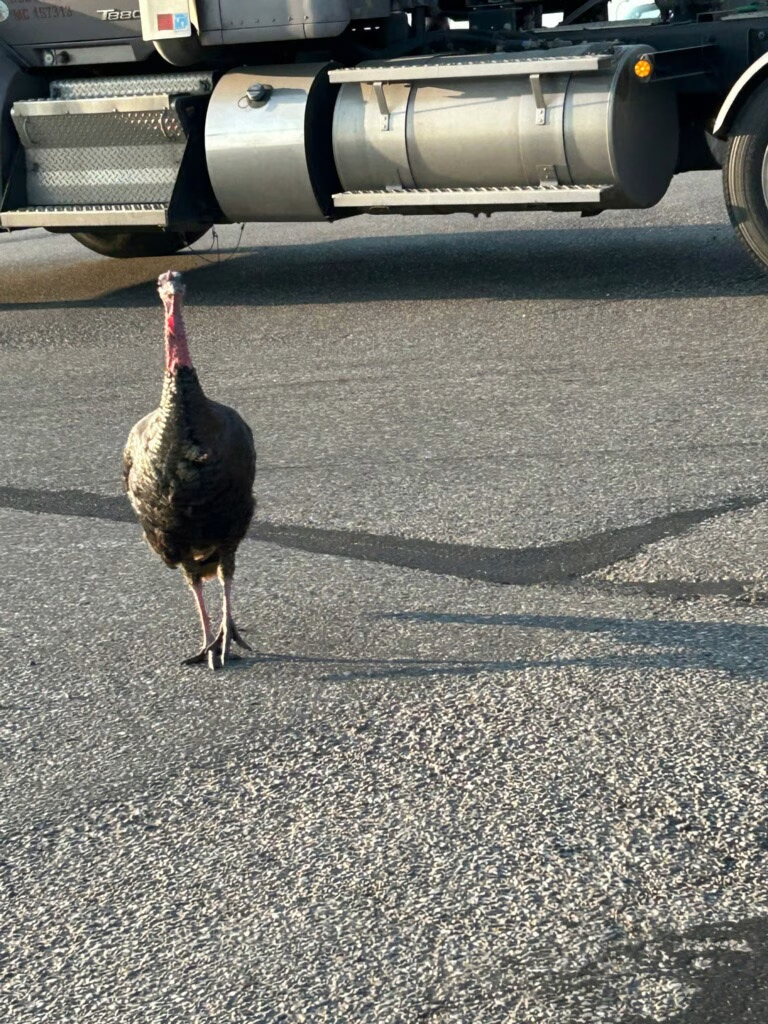Do you suppose there is scientific evidence as to why unusual animals are showing up in parts of North Dakota, or is it pure coincidence?
The most obvious of these would be mountain lions, sometimes called cougars or pumas. There was a time not so long ago that any state or federal wildlife officials denied that lions were roaming around the state.
Back in my Minot Daily News days, someone called me to Garrison to show me mountain lions paw prints in the snow. I took numerous photographs and when I got back to the newsroom I called Game & Fish. No lions here, they told me.
Then, a rancher shot and killed one and showed photos to prove it. Now, mountain lions can legally be hunted. Wildlife officials have actually killed one in downtown Bismarck.
Another interesting critter is the wolverine. I knew an elderly man from Langdon in the late ‘90s who was a school bus driver. He told me he was on his route one day and swore he saw a wolverine in the ditch. This man was salt-of-the-earth honest and I had no reason not to believe him. It was just that wolverines didn’t exist in North Dakota!
Fast forward to 2016 and a rancher in western North Dakota shot and killed a wolverine threatening his livestock. He was told it wandered in from the Montana mountains. If that’s an isolated case, then how could there have been one in extreme northeast North Dakota 20 years earlier?
I don’t remember how many years ago this was, but someone from Pembina announced they had seen a black bear. The short answer was it came from the woods of northern Minnesota and may have become disoriented, ending up in the Pembina Gorge.
Unfortunately, that theory didn’t hold a lot of water because since that time there have been numerous black bear sightings around the state. They’ve been spotted in Bowbells, Carpio, Underwood, Fargo, Mayville, Hebron and I know there’s other locations, I just can’t remember them.
There’s also been plenty of evidence left behind to indicate a black bear had been in a certain vicinity. This has been going on for nearly 30 years now.
During the three years I worked at the New Town News, a reader one day brought in a grainy photograph of what he said was a wolf taken maybe two miles east of New Town. The guy knew I wouldn’t believe him so he brought in the photograph as proof.
I’ll admit, I was skeptical even after looking at the picture. But, I took it and magnified it on the computer screen just to a point of pixelation and analyzed it. Right alongside of it I had photos of dogs and wolves to compare. After analyzing the picture for a painstaking hour, there was no doubt in my mind it was a wolf and it had very dark, almost black fur.
Numerous other sightings of wolves have been noted in various parts of the state, most often in the rugged west of Roosevelt National Park, but certainly in other places too. Likewise, that’s where most of the mountain lion sightings take place.
In the 1920s, ‘30s and ‘40s, there were hunters along the Missouri River who trapped bobcats and some were quite close to Bismarck. For decades after there were no sightings, no reports, no furs, nothing. Then, suddenly, bobcats started showing up along waterways and in rugged terrain once again.
Do you know what a marten is? It’s a small animal that resembles a weasel or mink, but has slightly different features. The marten was said to be extinct in North Dakota since the fur-trapping days of the 1700s, prior to Lewis and Clark.
Next thing we knew, people in the Turtle Mountains north of Bottineau were seeing martens. I actually saw one myself along the Des Lacs River. Of course, I couldn’t believe it so I started doing research and using the process of elimination, realized it was indeed a marten.
As recently as 40 years ago, moose were only seen in the Walhalla area. Now they are sighted all over the state and have been seen as far south as Edgeley, Belfield and Bismarck. Game and Fish estimates a population of about 500.
Let’s not forget bird species. Common goldeneye, boreal owl, pilleated woodpecker, cardinal and eastern meadowlark have all been documented in places they aren’t supposed to be.
Welcome new wildlife, but why is it changing?












